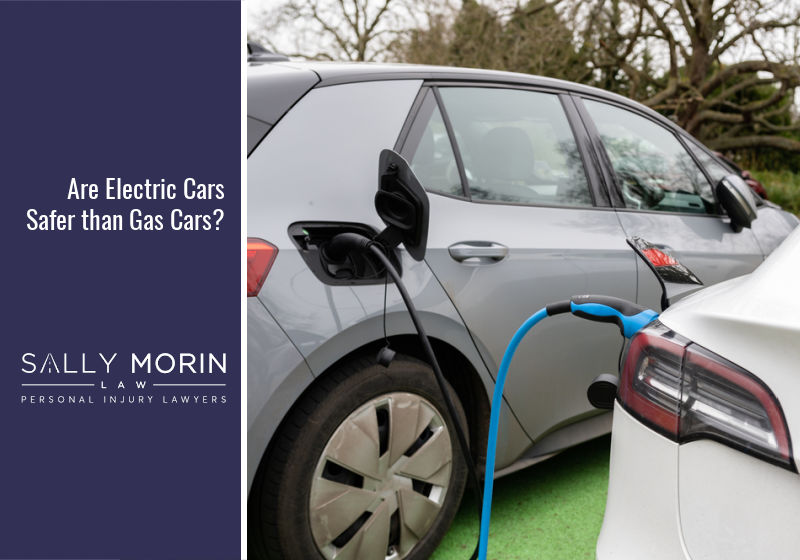are electric cars safer than gas cars
When it comes to the question of whether gasoline-powered cars or electric cars are safer, there are several factors to consider. Both types of vehicles have their own unique safety features and considerations. In this article, we will delve into the topic and explore the various aspects of car safety.
Gasoline-Powered Cars
Gasoline-powered cars have been the standard for many decades, and manufacturers have continually improved their safety features. These features include seatbelts, airbags, anti-lock braking systems (ABS), and stability control systems. These safety measures have undoubtedly contributed to reducing the number of fatalities and serious injuries resulting from car accidents.
One advantage of gasoline-powered cars is their long-established infrastructure, including gas stations and repair shops. This infrastructure allows for easy refueling and maintenance, ensuring that motorists have access to these services virtually anywhere. Additionally, the range of gasoline-powered cars tends to be greater than that of electric cars, which can be beneficial for long-distance travel.

However, it is worth noting that gasoline-powered cars carry the risk of fires and explosions due to the highly flammable nature of gasoline. While these incidents are relatively rare, they can potentially lead to severe injuries or fatalities. Additionally, the emissions produced by burning gasoline contribute to air pollution and climate change, which are growing concerns for the environment and public health.
Electric Cars
Electric cars, on the other hand, are gaining popularity due to their environmental benefits and advancements in technology. These vehicles are powered by electric motors and use rechargeable batteries instead of burning gasoline. As a result, they produce zero tailpipe emissions, which helps reduce air pollution and combat climate change.

Electric cars also have safety features that are unique to them. For example, many electric vehicles have a lower center of gravity due to the battery placement, which can improve stability in certain driving scenarios. Additionally, the absence of a combustion engine reduces the risks associated with fires and explosions caused by gasoline.
Furthermore, electric cars are typically equipped with advanced driver-assistance systems (ADAS), such as lane-keeping assist, adaptive cruise control, and automatic emergency braking. These technologies can help prevent collisions and mitigate the severity of accidents, potentially saving lives.

